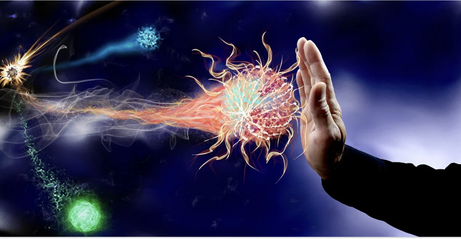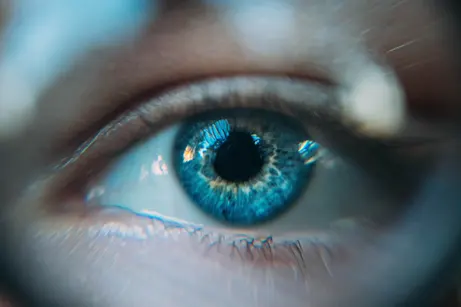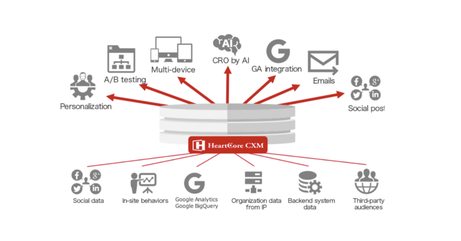-
MedTech Company BioSig Technologies Deploys Disruptive Technology To Improve Arrhythmia Care
This article was previously published to Benzinga. Arrhythmia is a heart condition that causes it to beat either too fast, or irregularly. It’s triggered by abnormal electrical activity and affects the heart’s rhythm, leading it to beat out of sync with the rest of the body. Not every patient experiences arrhythmia in the same way, so it’s sometimes necessary for doctors to provide each patient with a personalized approach to treatment and recovery. Lifestyle choices and comorbidities, medication, stress and environmental factors can cause the heart to beat out of sync. The world is experiencing an uptick in arrhythmia cases linked to the after effects of COVID-19. Atrial fibrillation (AFib) is the…
-
Groundbreaking Studies to Be Conducted on the Effectiveness of Short and Long-term COVID-19 Therapies Inhibiting the Progression of SARS-CoV-2
Previously Published to Benzinga: The following post was written and/or published as a collaboration between Benzinga’s in-house sponsored content team and a financial partner of Benzinga. Statera Biopharma, Inc. (NASDAQ: STAB) recently announced that it has officially received Institutional Review Board (IRB) approval to conduct a Phase 1 pilot study at Loma Linda University Health to evaluate STAT-205 as a treatment in the mitigation of SARS-CoV-2 progression. STAT-205 is a breakthrough immuno-modulator designed to decrease elevated inflammatory responses that are associated with viral infections and inhibit viral replication in human lung cells. Its efficacy was successfully demonstrated during preclinical in vitro studies, where STAT-205 was able to inhibit the replication of…
-
What is ImQuest, and How is Statera Biopharma using it to Develop New Immune Therapies for Cancer, Infectious Disease and Autoimmune Disorders?
Previously Published to Benzinga: The following post was written and/or published as a collaboration between Benzinga’s in-house sponsored content team and a financial partner of Benzinga. Statera Biopharma, Inc. (NASDAQ: STAB) — the company formerly known as Cytocom (NASDAQ: CBLI) — recently uplisted to the Nasdaq in lieu of earlier acquisitions involving Cleveland BioLabs and ImQuest Life Sciences, Inc. Last week, the company provided an update on its integration of ImQuest and its plans going forward. According to Statera, preclinical testing is underway in the screening of second-generation immune therapies using the ImQuest platform for the rapid and accurate assessment of various diseases and how the overall makeup and composition of these diseases interact. The company will look more closely…
-
Statera BioPharma: The Ticker Formerly Known as CBLI
Previously Published to Benzinga: The following post was written and/or published as a collaboration between Benzinga’s in-house sponsored content team and a financial partner of Benzinga. On September 1, 2021, Cytocom officially became listed as Statera BioPharma, Inc. (NASDAQ: STAB), as it updated its ticker symbol from CLBI to STAB within the Nasdaq markets. This change in name comes as a natural progression, as the company shifts gears toward placing a more strategic focus on restoring total immune health — including autoimmune and inflammatory diseases, such as fibromyalgia and multiple sclerosis, blood disorders like anemia and lupus, even cancer and various other infectious diseases. The company began trading as CLBI, last month,…
-
Age-Related Macular Degeneration: What is Dry AMD, and How is Lineage Cell Therapeutics Changing the Game?
Previously Published to Benzinga: The following post was written and/or published as a collaboration between Benzinga’s in-house sponsored content team and a financial partner of Benzinga. Age-related macular degeneration (AMD) is a disease originating in the retina, which may worsen over time, according to WebMD. It’s said to be the leading cause of severe, permanent vision loss in people older than 60. When the macula — the small central portion of the retina — wears down, the light-sensing nerve tissue at the back of the eye begins to deteriorate. While it doesn’t always cause complete blindness, severe vision problems such as loss of central vision may occur. As the condition worsens,…

















